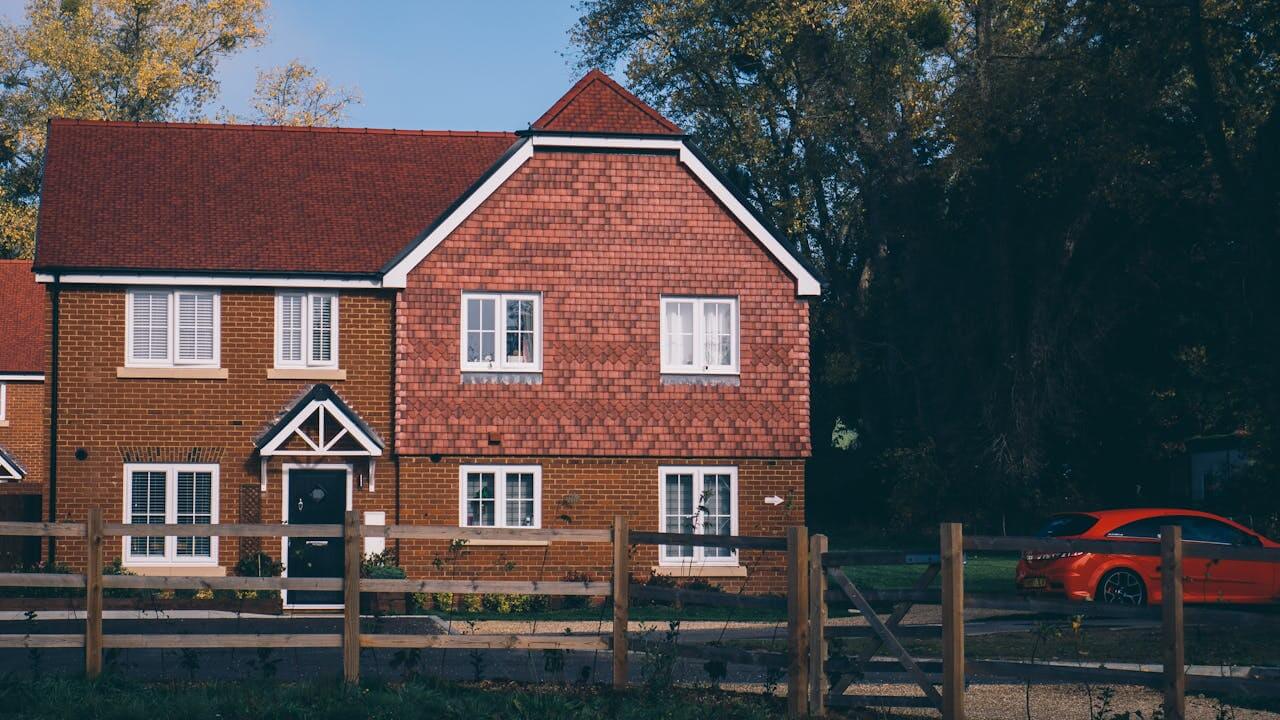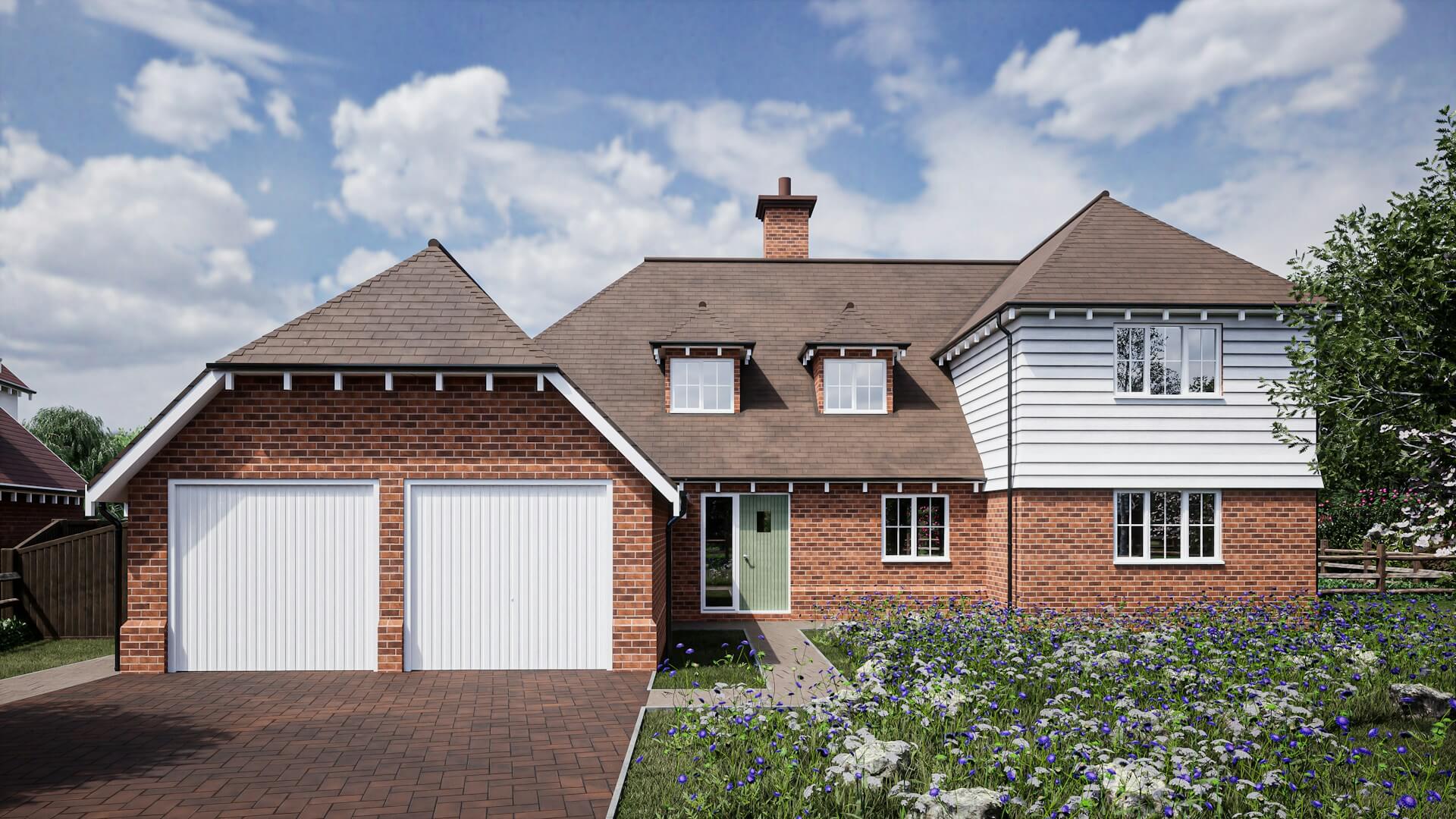Noticing cracks, dips, or crumbling edges on your driveway? You’re not alone.
Over time, every driveway in Newcastle takes a beating — from weather, wear and tear, and daily use. But how do you know when it’s time for a quick fix… and when it’s smarter to start over?
At Newcastle Driveways, we get asked this all the time. Repair or replace? Patch it now or invest long term?
This guide will help you decide what’s right for your home. We’ll break down the signs of damage, the cost of common repairs, and when it makes sense to replace the whole thing.
Why Driveways Deteriorate in Newcastle
Newcastle’s mix of heavy rainfall, cold winters, and clay-heavy soil can be tough on driveways.
Over the years, we’ve seen:
- Water getting into cracks and freezing, causing expansion and breakage
- Soil shifting beneath driveways, leading to dips and uneven patches
- Roots growing underneath, lifting slabs or tarmac
- Oil spills and sun exposure weakening certain surfaces
Even a well-installed driveway will show signs of ageing after 10 to 15 years — especially if maintenance has been neglected.
The key is spotting issues early before they become expensive problems.
Common Driveway Issues and What They Mean
Cracks and Surface Fractures
Small cracks are common, especially on tarmac or concrete. They can appear due to weather changes, shifting ground, or natural settling.
If they’re hairline or less than 5mm wide, they can often be filled or sealed. But if they’re spreading or forming patterns (like alligator cracking), it could mean deeper structural issues.
Sunken Areas or Dips
Dips and low spots are usually caused by poor ground preparation, water erosion, or soil movement. Water tends to collect in these areas, making them worse over time.
In some cases, sunken spots can be lifted and relaid. But if the issue is widespread or the sub-base is failing, a full replacement may be needed.
Loose or Wobbly Blocks
Block paving driveways sometimes shift if the edge restraint fails or if jointing sand washes out.
This can often be repaired by lifting the blocks, re-levelling the base, and re-laying with fresh sand. It’s one of the easier fixes — and one we handle regularly in homes across Jesmond, Heaton, and Benton.
Potholes or Missing Chunks
Tarmac drives are prone to potholes once water gets into the surface. These can be patched if they’re isolated — but if your driveway has multiple potholes or a lot of edge damage, it might be time to resurface.
Fading and Discolouration
Sunlight, oil spills, moss, and weeds can all affect the appearance of your driveway. Resin and tarmac are especially prone to fading over time.
In most cases, cleaning, sealing, or re-coating can restore colour and extend lifespan — but only if the surface is still structurally sound.
Driveway Repair Options and Costs
Tarmac Repairs
- Crack sealing: £100 – £250
- Pothole patching: £150 – £400
- Full resurfacing (no base): £30 – £50 per m²
Tarmac can be patched fairly easily, but older surfaces may not bond well to new layers — leading to future peeling or lifting.
Block Paving Repairs
- Lift and relay small area: £200 – £500
- Repointing joints: £5 – £10 per m²
- Cleaning and re-sanding: £150 – £300 for a standard drive
Block paving is one of the most repair-friendly surfaces. As long as the blocks are intact, we can often restore the original look with minimal disruption.
Concrete Repairs
- Crack repair with filler: £100 – £300
- Surface overlay: £50 – £70 per m²
- Full replacement: £70 – £100 per m²
Concrete is hard-wearing, but once it cracks deeply, repairs are often only temporary. Overlays can work, but mismatched finishes are common unless the whole surface is redone.
Resin Repairs
- Local patching: £250 – £500
- Full top coat reseal: £30 – £50 per m²
- Full replacement: £100 – £140 per m²
Resin-bound driveways are tricky to patch invisibly. The colour and stone blend may not match unless you redo the entire area. We usually recommend replacing larger sections if the damage is visible.
When It Makes Sense to Repair
Repairs are a good option when:
- The damage is localised to a small area
- The rest of the driveway is structurally sound
- The issue is cosmetic, like fading or small cracks
- You need a quick fix before selling or renting out a property
- The surface is less than 10 years old
We always inspect the sub-base first. If the foundation is strong, surface repairs can last for years and save you thousands.
When It’s Better to Replace the Driveway
Replacement is usually the better choice when:
- You have widespread cracks, dips, or loose spots
- The base was poorly installed or has collapsed in areas
- There are drainage issues, like constant puddling or flooding
- The driveway is over 15 years old and showing signs of age
- You want to upgrade the look with a new surface or layout
- You’re planning to sell and want to boost kerb appeal
We’ve worked on many driveways around Newcastle that were patched several times by different companies. In the end, the only solution was to remove it all and start fresh.
A full replacement gives you a new base, proper drainage, and a clean finish that will last for decades.
The Hidden Costs of Delaying Repairs
Waiting too long to deal with minor issues often leads to major expenses later.
A small crack becomes a pothole. A sunken corner becomes a trip hazard. Poor drainage erodes the sub-base and floods your garage.
Fixing problems early is nearly always cheaper than letting them grow. And it helps protect your car, your safety, and your property’s value.
Our Repair Process at Newcastle Driveways
When you contact us for a repair, here’s what we do:
- Free site visit to assess the damage
- Detailed inspection of the surface and sub-base
- Clear repair plan with pricing and honest advice
- Clean, careful work using materials that match your existing driveway
- Aftercare advice to help prevent future damage
If we think a full replacement is the smarter option, we’ll say so — and explain why.
Real Example: Repair or Replace in Gosforth
A homeowner in Gosforth called us about a few loose blocks on their driveway. On the surface, it looked like a simple fix.
But once we lifted a section, we found the base layer had eroded. We showed the client what was happening underneath and explained the likely outcome of just patching it.
In the end, they chose a full block paving replacement with improved drainage. It cost more upfront but gave them a better-looking, longer-lasting result. They haven’t had a single issue since.
Tips to Extend Your Driveway’s Life
Whether you’re repairing or replacing, a bit of maintenance goes a long way:
- Sweep leaves and debris regularly to prevent moss buildup
- Apply weed treatment or use joint stabilising sand
- Reseal resin or tarmac every few years
- Direct water runoff away from the surface
- Avoid parking heavy vehicles near edges
A clean, well-maintained driveway not only lasts longer — it also makes your home look better year-round.
Final Thoughts
Not every damaged driveway needs replacing. But not every crack can be patched forever, either.
If your driveway is starting to show its age, the first step is to get it assessed. At Newcastle Driveways, we offer honest advice based on real experience. If we can repair it, we will. If it’s time to replace, we’ll walk you through the options.
We’ll never push for a full replacement unless it’s truly the best choice for your home and your budget.
Get A Quick Quote
Please provide your contact details here and we’ll get back to you shortly with a quote. We aim to respond to all quote requests in 24 hours.



